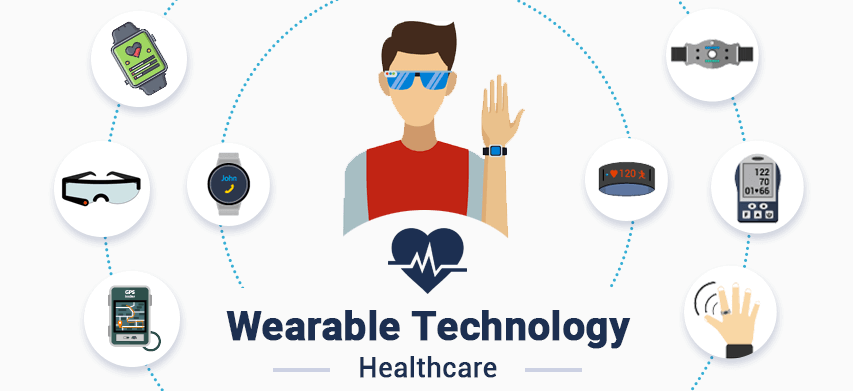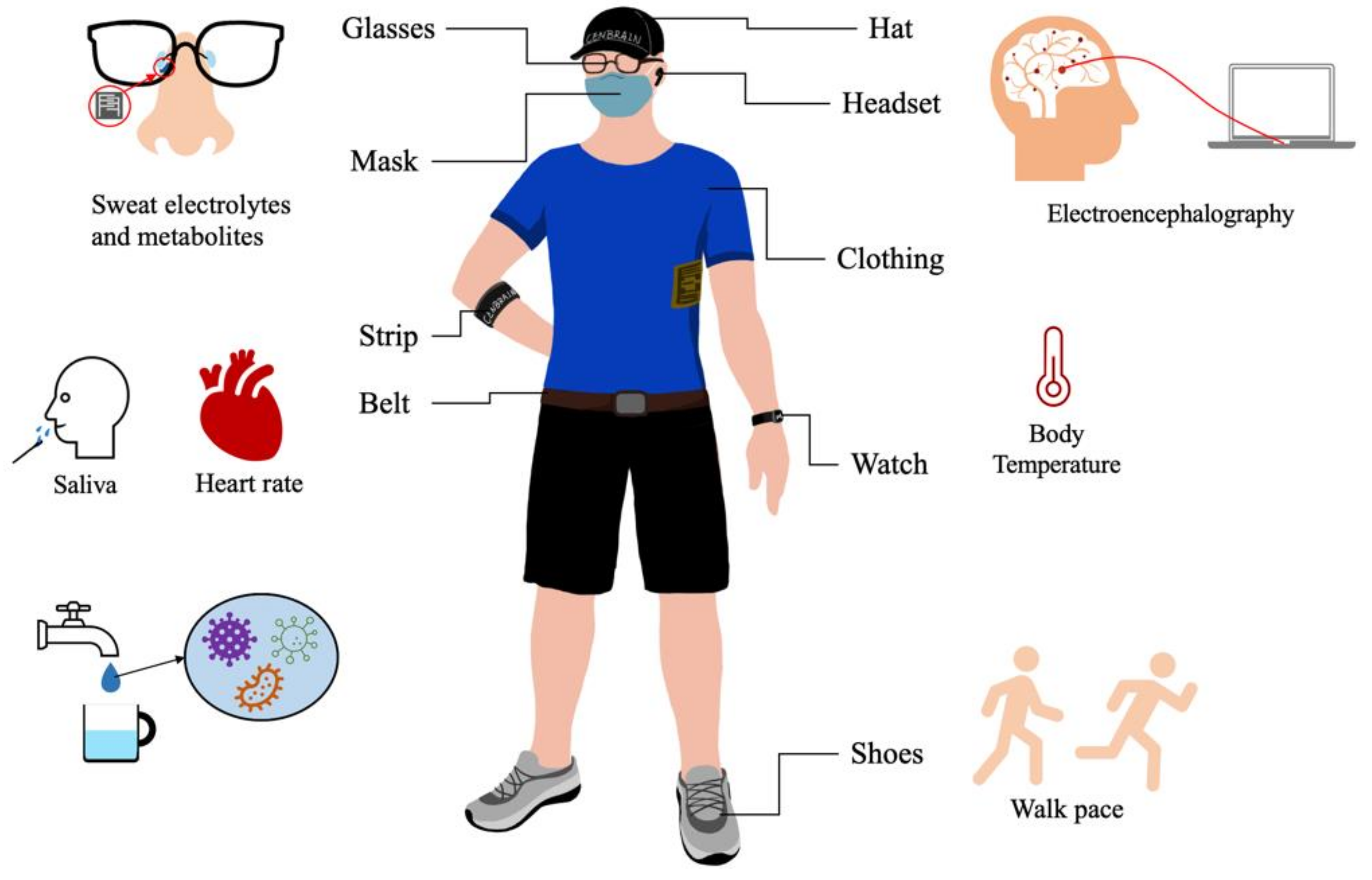Next-Gen Wearable Health Technology

Wearable health technology has evolved far beyond simple step counters and heart rate monitors. The latest generation of medical-grade wearables offers clinically actionable insights that are transforming preventive care, chronic disease management, and even acute medical interventions.
Current State of Medical Wearables
Today's advanced wearables can monitor an impressive array of physiological parameters:
1. Cardiovascular Monitoring
- Continuous ECG with arrhythmia detection
- Blood pressure measurement via photoplethysmography
- Stroke volume and cardiac output estimation
2. Metabolic Tracking
- Continuous glucose monitoring (CGM)
- Lactate levels during exercise
- Hydration status through skin impedance
3. Neurological Metrics
- EEG for seizure detection and sleep staging
- Stress and cognitive load through HRV analysis
- Fall detection with predictive algorithms
Emerging Technologies
Several cutting-edge technologies are pushing the boundaries of what wearables can achieve:
1. Non-Invasive Biomarker Detection
New sensor technologies enable detection of biomarkers traditionally requiring blood tests:
- Optical Sensors: Measuring bilirubin, hemoglobin, and oxygen saturation
- Electrochemical Sensors: Detecting cortisol, alcohol, and drug metabolites in sweat
- RF-based Sensors: Tracking glucose and other analytes through radio waves

2. Flexible and Epidermal Electronics
Next-generation form factors improve wearability and data quality:
- Skin-Adherent Patches: Thin, flexible devices that move naturally with skin
- Electronic Tattoos: Ultra-thin graphene-based sensors lasting several days
- Smart Textiles: Clothing with woven sensors for continuous monitoring
3. Predictive Analytics
AI-driven analysis of wearable data enables:
- Early warning of impending medical events (e.g., asthma attacks, seizures)
- Personalized health recommendations based on longitudinal data
- Population health insights through aggregated anonymous data
"The most impactful wearables won't just collect data—they'll provide clinically validated insights that lead to better health outcomes."
Clinical Applications
These technologies are finding real-world applications across medical specialties:
1. Chronic Disease Management
For conditions like diabetes, hypertension, and COPD, wearables enable:
- Remote patient monitoring with clinician alerts
- Medication adherence tracking
- Personalized lifestyle interventions
2. Post-Operative Care
Wearables are reducing hospital readmissions by:
- Monitoring for surgical complications (infection, bleeding)
- Tracking rehabilitation progress
- Facilitating virtual follow-ups
3. Clinical Trials
Wearables provide objective, continuous data for:
- Endpoint measurement in decentralized trials
- Real-world evidence collection
- Patient recruitment through digital phenotyping
Challenges and Considerations
Despite the promise, significant challenges remain:
- Regulatory Hurdles: FDA clearance processes for medical-grade devices
- Data Accuracy: Ensuring clinical validity of consumer-facing metrics
- Interoperability: Integration with EHR systems and clinician workflows
- Health Equity: Addressing cost barriers and digital literacy gaps
As these technologies continue to evolve, collaboration between clinicians, engineers, and patients will be essential to realize their full potential in improving healthcare delivery and outcomes.
